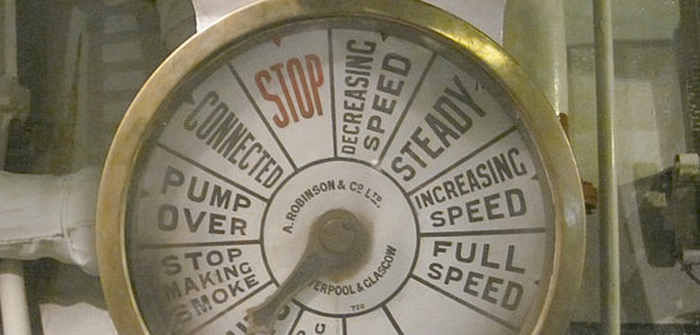Slowing the speeds of ships can have massive benefits for pollution and marine life, as well as fight against climate change.
Seas at Risk’s multi issue speed report – titled The multi-issue mitigation potential of reducing ship speeds – shows that a 20% reduction in speeds would reduce underwater noise pollution by 66%, the chance of a fatal collision between a ship and a whale by a massive 78%, and reduce CO2 emissions by 24%.
The report looks as the potential for slower speeds to reduce CO2, as well as black carbon, nitrogen oxides, sulphur oxides and noise, which all contribute to damage to the marine environment and human health.
While the benefits of reducing the speed of ships for cutting greenhouse gases is well known, what’s less well understood are the benefits for the marine environment and human health.
“Tackling four issues in one measure – and one that doesn’t require any technological changes by the industry – is pretty good,” said Faig Abbasov, green group Transport & Environment’s shipping officer. “But when you add in that it saves shipowners money on their fuel bills, it really is a no-brainer.”
Despite the findings, an International Maritime Organisation (IMO) meeting in London at the end of 2019 made very little progress toward agreeing any emissions reduction measures. However, there was widespread acceptance by IMO member states and the shipping industry that ship speed is one of the most important factors affecting emissions.
“Everything is slow at the IMO except for polluting ships,” said Abbasov, “And this needs to change.”



